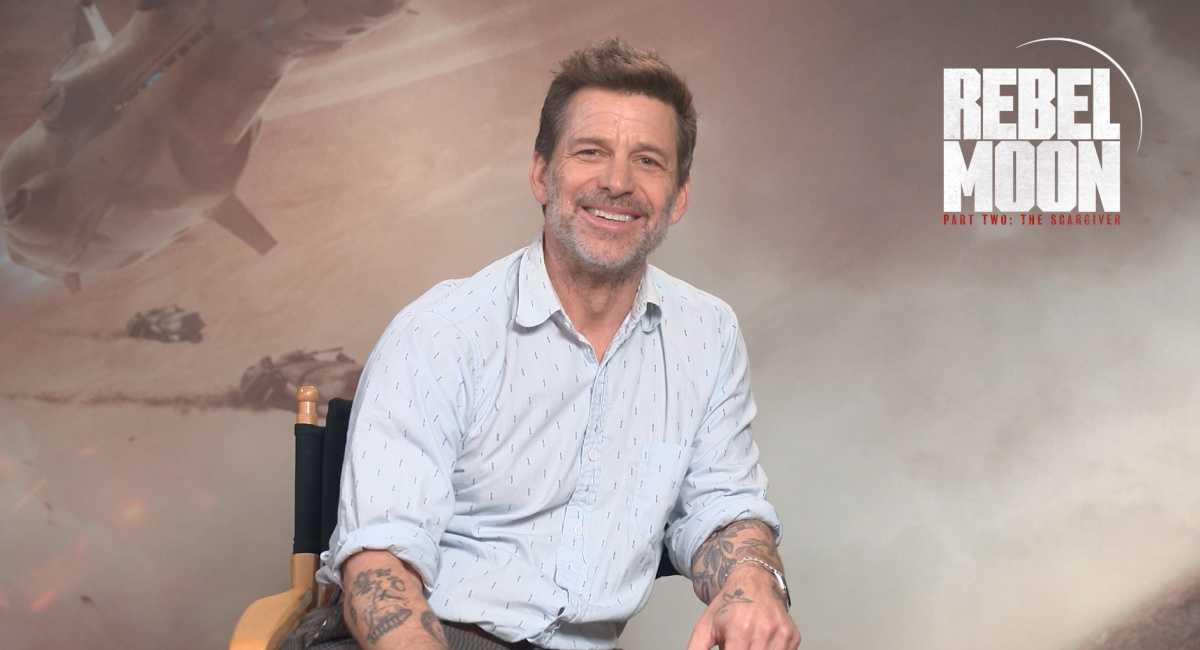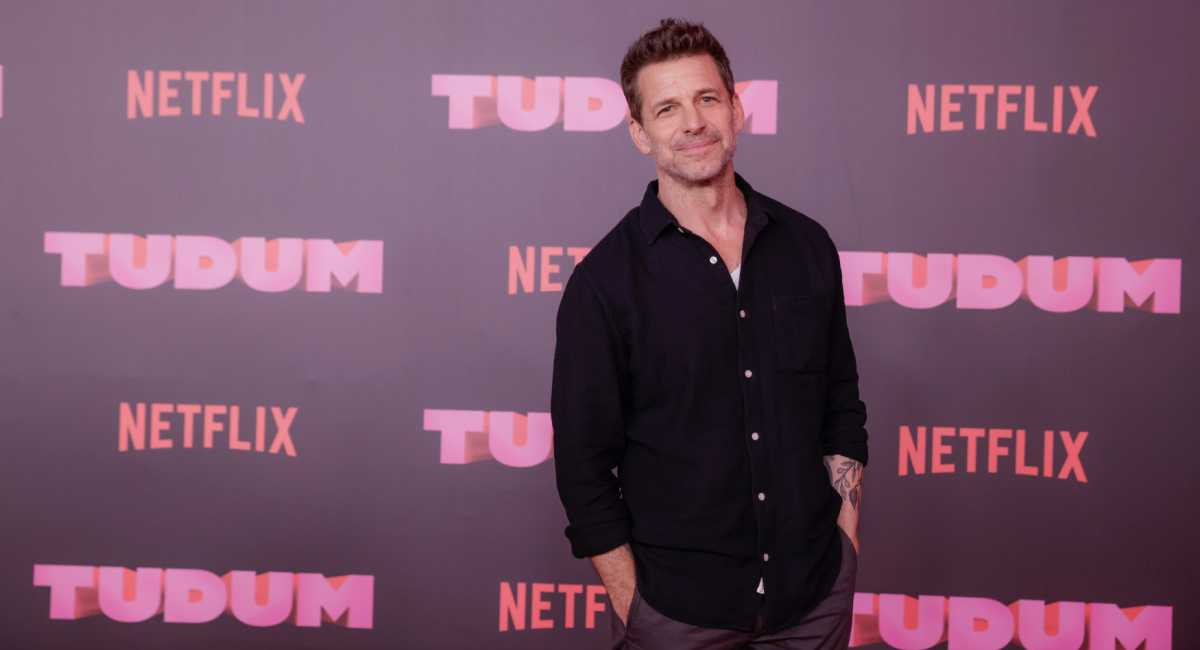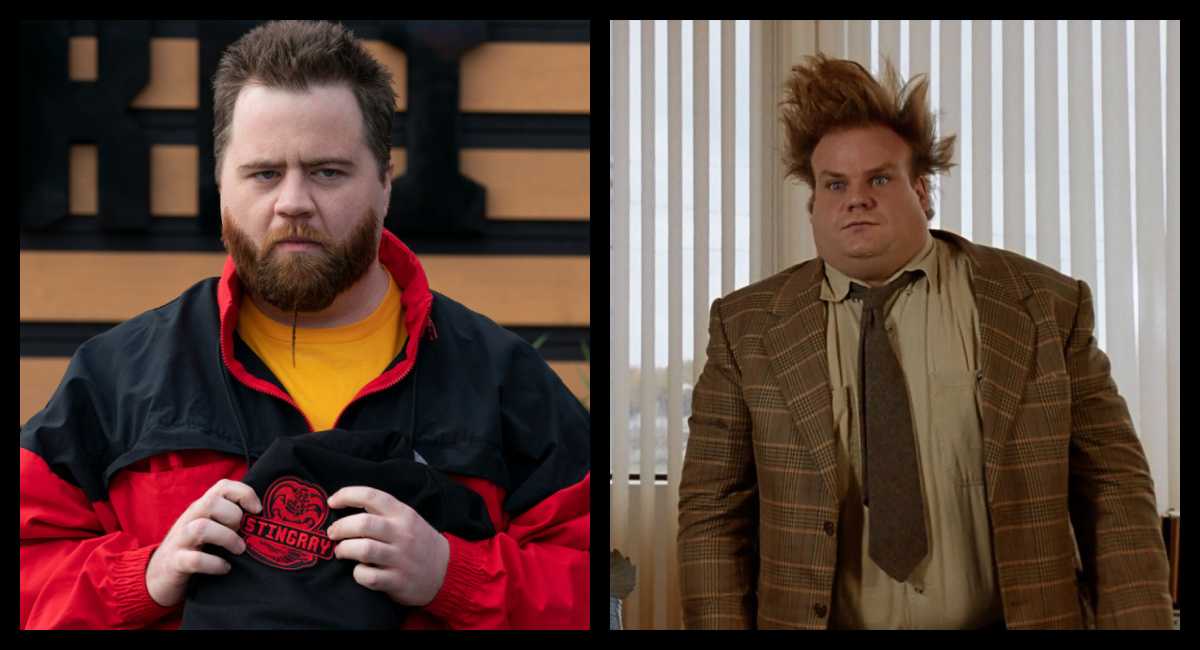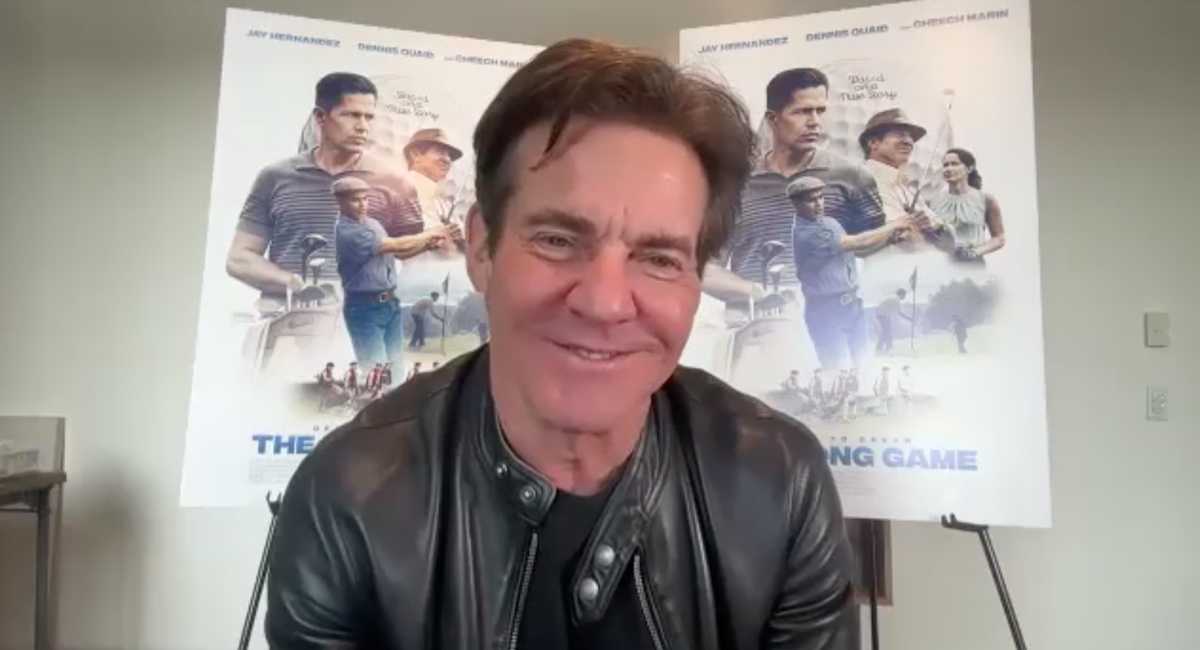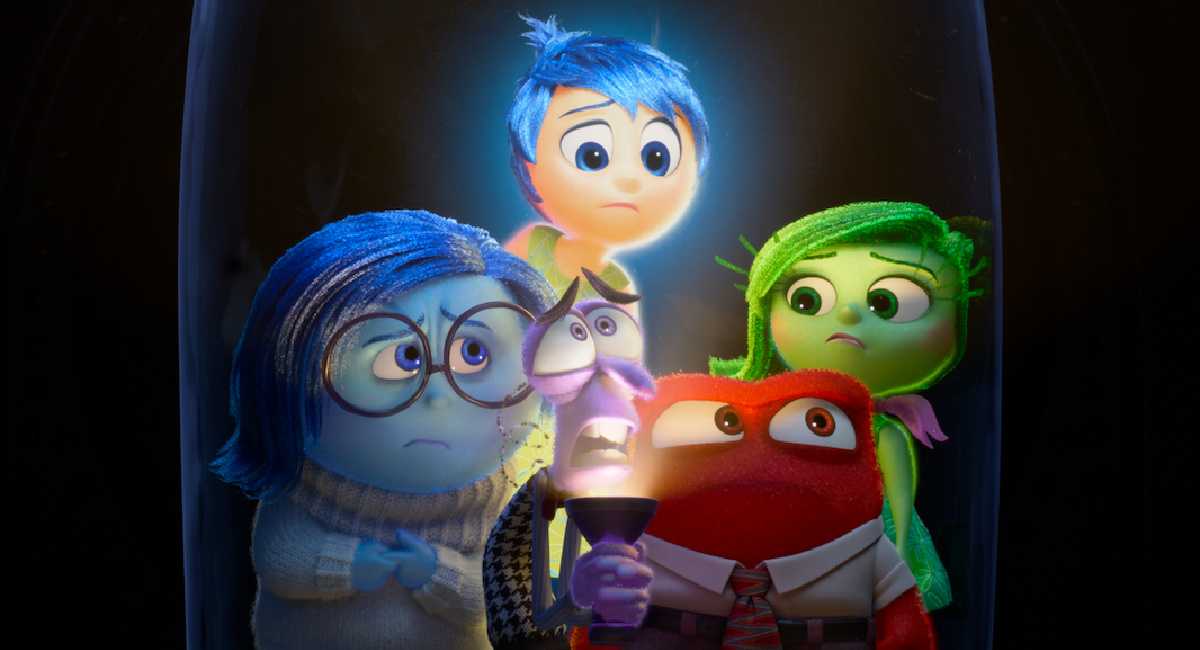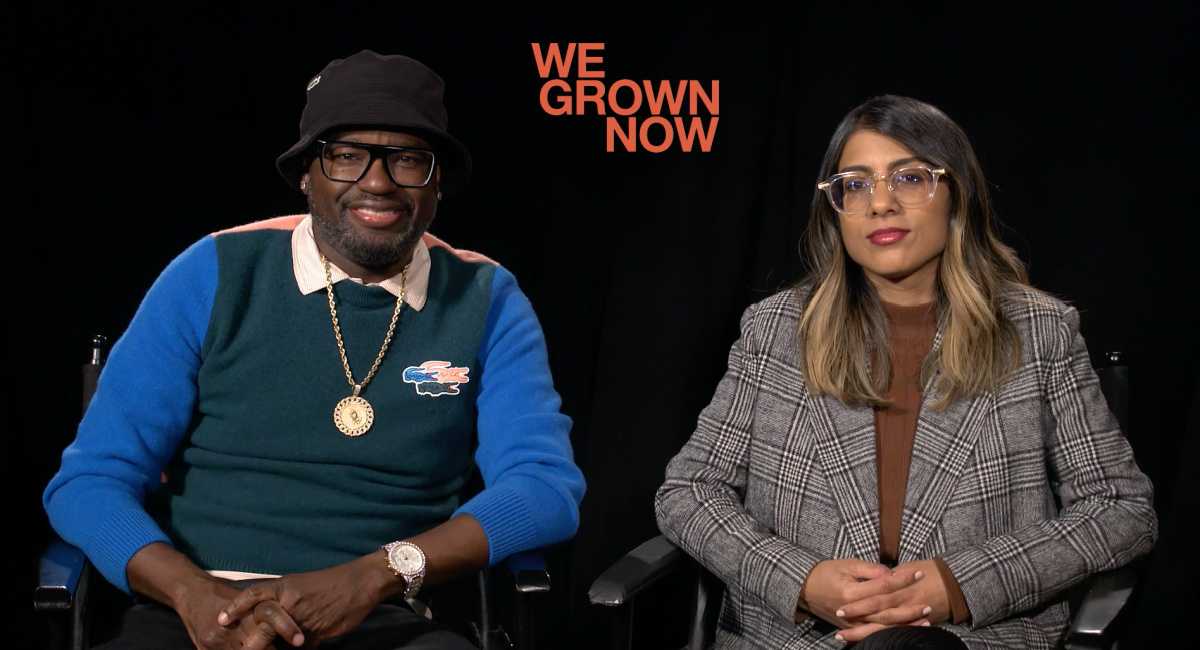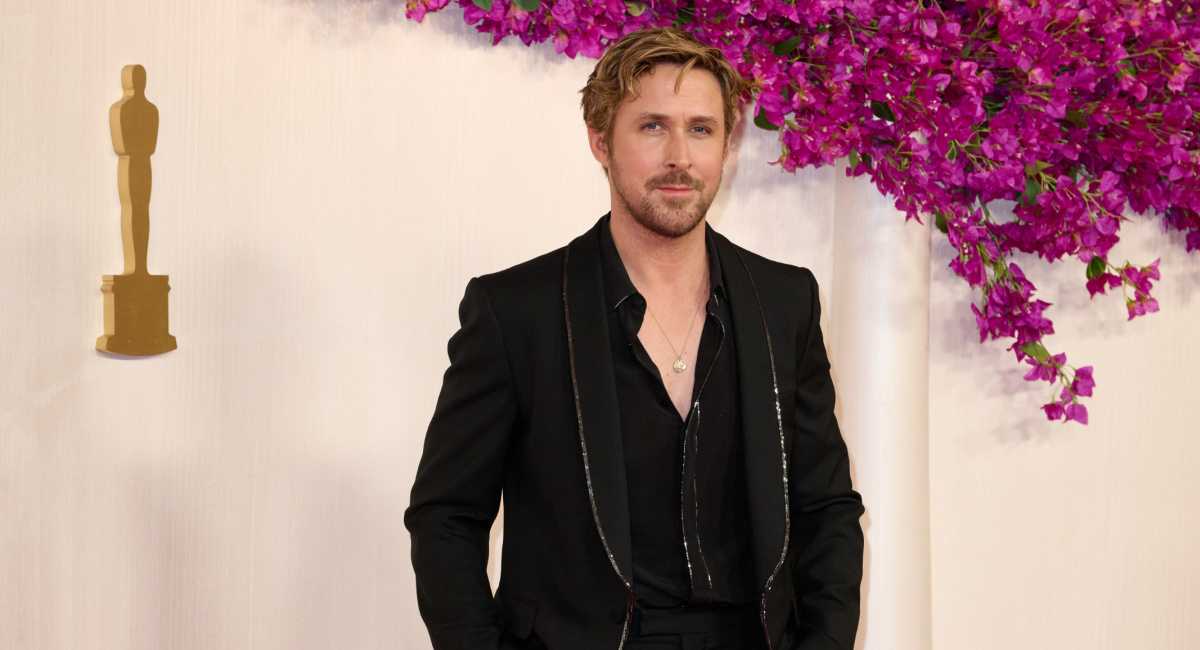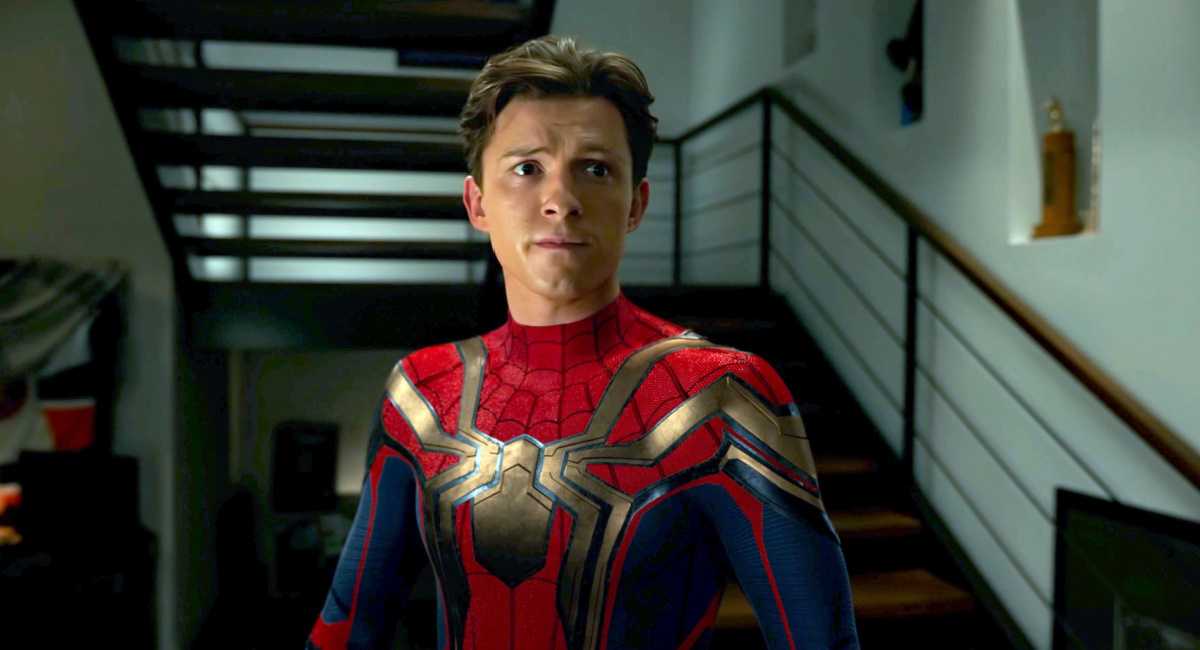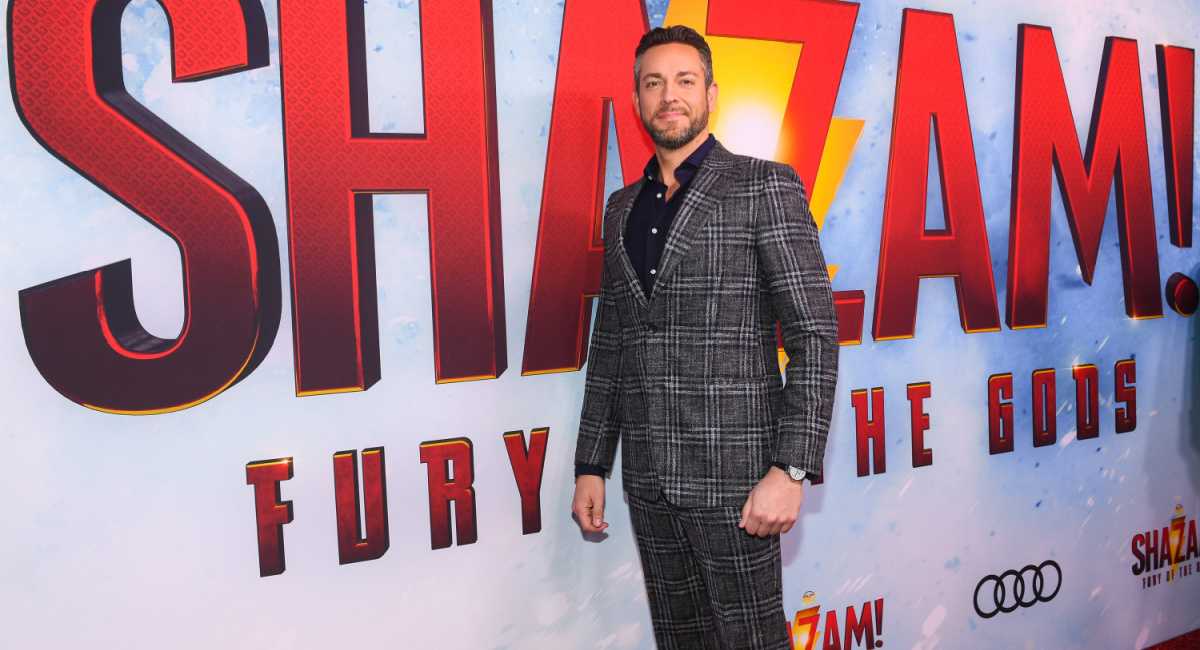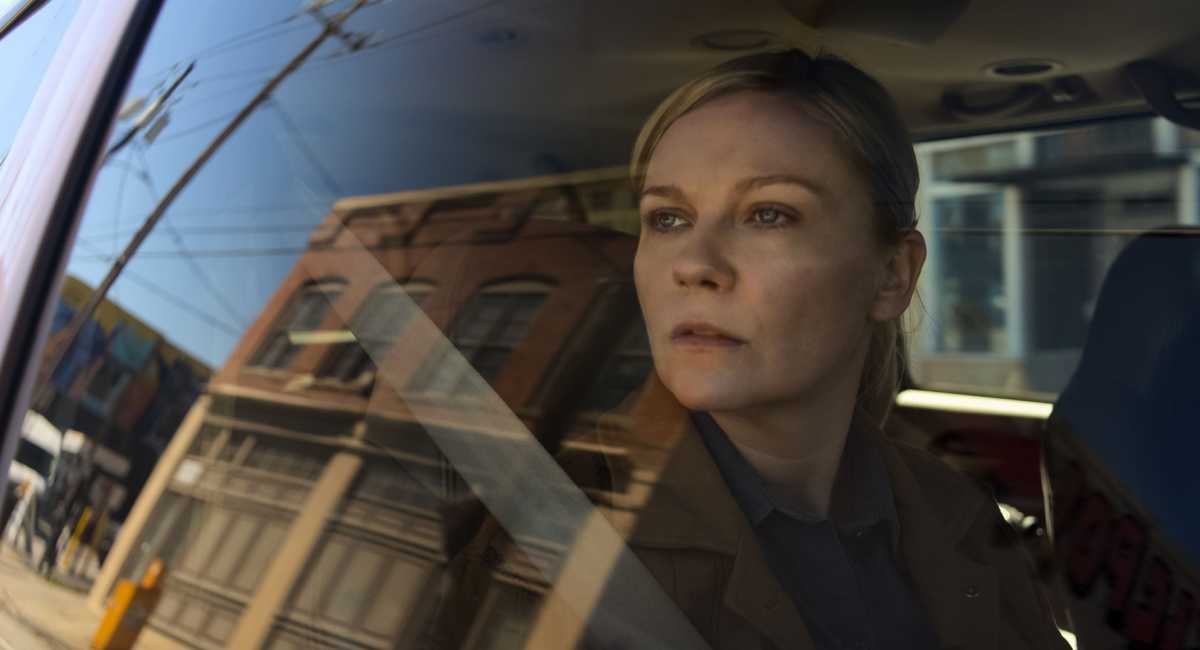'If Beale Street Could Talk' Star Regina King on the Oscar-Hopeful's Emotional Story
The engine that drives “If Beale Street Could Talk,” Barry Jenkins’ adaptation of the 1974 novel by James Baldwin, is the relationship -- and love -- between Tish (KiKi Layne) and Fonny (Stephan James), a young woman fighting to free her unfairly detained fiancée before the birth of their child. But as Tish’s mother, Sharon, Regina King is that engine's most important mechanic, brilliantly evidencing exactly where this young woman got the untold reserves of strength to fight against an unjust system and still remain hopeful about their future.
In a particularly crowded field of amazing Supporting Actress performances, King’s work has drawn considerable and deserved praise, earning recognition from critics groups across the country, and receiving Critics Choice and Golden Globe nominations. As “Beale Street” arrives in theaters for audiences to experience its powerful story, King spoke to Moviefone about her incredible work in the film. In addition to talking about the inspiration she drew upon personally, professionally, and culturally for the role, she discussed her collaborations with director Barry Jenkins and her co-stars to bring the story to life, and finally, reflected on its bittersweet but absolutely essential message of perseverance and love.
Moviefone: Talk about how this story is perhaps unique among the ones that you've helped tell in the past.
Regina King: Well, the Rivers family -- Sharon and Joe -- as black people, we have a version of them in our lives somewhere - several versions of them, whether it's a mother, father, aunt, uncle, grandmother. Because of that, I think we all infused a bit of those real people into our performances, and Barry infused those real people into his vision of how he saw of the story being told. Also it informed James Baldwin, and how he told the story. It started there. And that's what's resonating for a lot of people, because that person exists in other families, not just black families. And so often when you talk about another black man who has been in prison, he’s just looked at as a criminal and we don't get to see the humanity, and that's what you're getting here. You're fighting for Fonny because you get to see what he's made of and where he's come from. You're fighting for Tish because you get to see what she’s a product of, and you've seen that somewhere in your life no matter who you are. And I think that's why it's resonating so strongly. I think a lot of people are seeing this movie and coming out and saying, "I've never looked at someone the way Barry makes us have to look into Fonny’s eyes. I've never done that before." And some people are like, I had to look away, but then I had to look back. So that's powerful.
The moment you say “Yes, baby?” to Tish in the first scene where she is about to tell Sharon she’s pregnant... it exudes such a palpable understanding and sensitivity to what she's going to say, even before she says it. Does that come from your preparation as an actor, direction from Barry, or just life experience as a parent hearing information from a child who seems reluctant to or nervous about confessing it?
Honestly, a combination of all of the above. Just being a mother. My son and I, very early on, I told him: Even if you are concerned about disappointing me, you have to tell me the truth. Because if I don't know the truth, I can't fight for you. I can't feel for you because I don't know what to feel for. And I think most parents can relate to that. But did I think that just that line would affect people the way it has? No. That’s Barry understanding how he wanted that to be shot, and how he wanted to display the connection between mother and daughter. And while KiKi's looking in the camera, KiKi and I aren’t looking at each other, but he makes me feel like we are looking not only at each other but through each other to you. And Barry did that.
So you’ve got two actors that are prepared and have done their homework and studied this book, and the nuances of the characters that we’re playing. And me being a mother, and my life experience as a mom, my most favorite thing about myself is being a mom. I cherish my relationship with my son. So that lives in that moment, and then you have Barry, the captain of the ship, creating how we're going to see all of those things come together.
Was there a passage from Baldwin's book or a line of dialogue in the script that gave you particular insight into Sharon, or maybe inspired choices that you made in your performance?
Honestly, it was not a particular line, but just in the way Tish describes her mother throughout the book. Sometimes it would be, like, three pages that's just Tish talking about her mom, and how her mom and dad met. And Baldwin writes that whole scene when she first tells her mom that she's pregnant, and while she’s scared, somehow for me in reading the book, I felt like Tish knew, "Mom is going to make me feel okay." And just the way he painted Sharon through Tish’s eyes made her feel like a hero to me. So just the way he painted Sharon through Tish’s eyes was all I needed, and all I would keep going back to.
This film shows such a remarkable sensitivity and understanding to Victoria’s situation by these other women. How much of that was built into the dialogue, and how much of that was brought by you and the other actresses in terms of trying to be empathetic despite Fonny’s circumstances?
It was equal parts of both. Some have actually had that experience unfortunately, so they’re pulling on real life experience -- being there with someone who has experienced that and being sensitive to that. God willing, you can leave this earth and have never been violated sexually, but for those who have, and those of us who have stood with them to get through to the other side, it’s devastating. That pain takes your breath away. It's debilitating. So we are sensitive about telling that story and knew that we had to take care and honor that pain, because it's real. And Emily Rios [who plays Victoria] is such an amazing actress, and at that moment where she’s just standing up there on the hill and she's looking in the camera, there's no dialogue, you know the whole story just looking at her face and you know that this woman had had something huge taken away from her that she’ll never be able to get back.
The scene between Sharon and Victoria in Puerto Rico is just so powerful. How do you work with another actress, or with Barry, to make each other feel safe when the moment on screen feels out of control for both of them?
Well, it definitely starts with Barry creating a space that felt safe. We were shooting in a location that was not a built set. It was a really gnarly living situation for the people who actually live there. So as an actor, you pull on all those things -- you use the environment -- to help motivate the performance. Even with that though, we did not feel unsafe in that space, and Barry was so smart in finding the women that come and surround Victoria and take her off. Those women were real straight-up Dominican abuelas, and they gave me some looks. I don’t even think they necessarily knew what the work that they were a part of actually meant, but they would just explain to them "You're coming to help this woman because she's feeling not safe" -- and the look that those women gave me? They were heartbreaking, like "I will cut you if you hurt her!" Barry gave them enough of the story that they were tapping into that protection that we as women have for each other in those moments. And knowing that a woman has been raped, knowing that a woman has been violated, it doesn't matter what age or color you are, you’re coming to the rescue. And Barry created that so Emily and I were able to just fall into it and be Victoria and Sharon. Emily and Regina are gone in those moments. And we would not really speak much in between scenes, so that discomfort was palpable.
There is a sense to me that this movie is more about perseverance than it is about aspiration. How positive or optimistic do you feel like this story is when it feels like it's about the experience that people of color have to live with every single day of their life.
And with that, being black in America, there are so many essays and interviews that you can see of James Baldwin and the passion and the fervor that he has when he’s describing what it is. But underneath all of that, it comes from loving being black, even though you are treated as if how you were born, how God created you, is a crime. But with that, we have persevered and we have made amazing accomplishments throughout history. And this movie -- I feel like it is a reminder of how we have been able to persevere.
And for those who did not know, now you know that -- even with a knife in your back -- we still find a way to laugh, to love, to dance. And it's a beautiful thing that we get to show that. That we get to allow the world to really see us and see what we come from, and how we've been able to persevere.
"Beale Street" is now playing in theaters.



